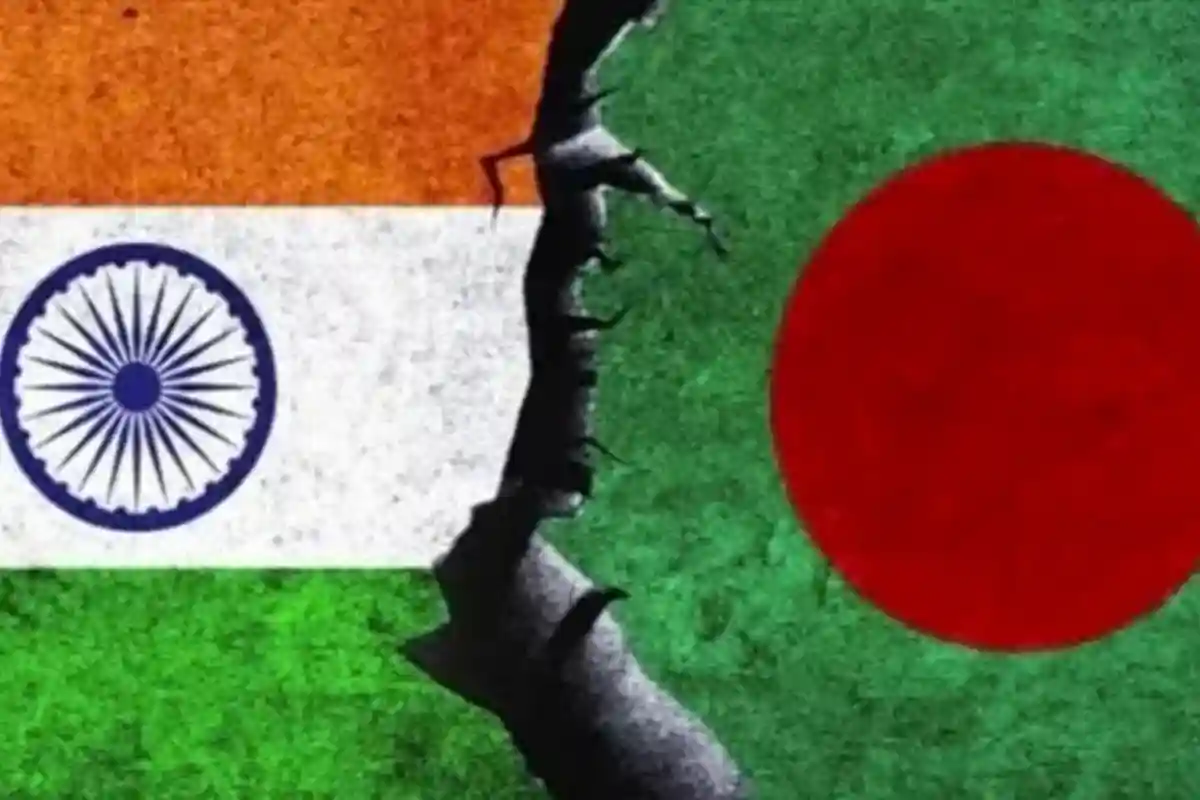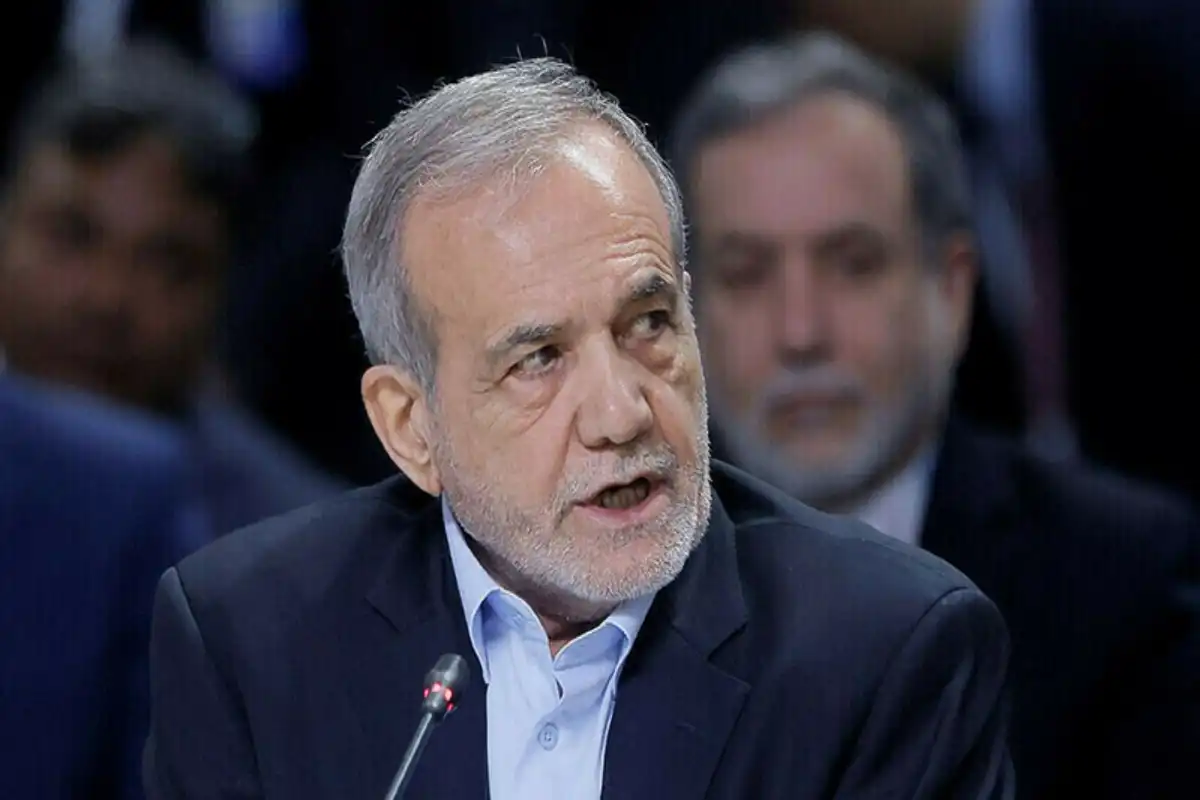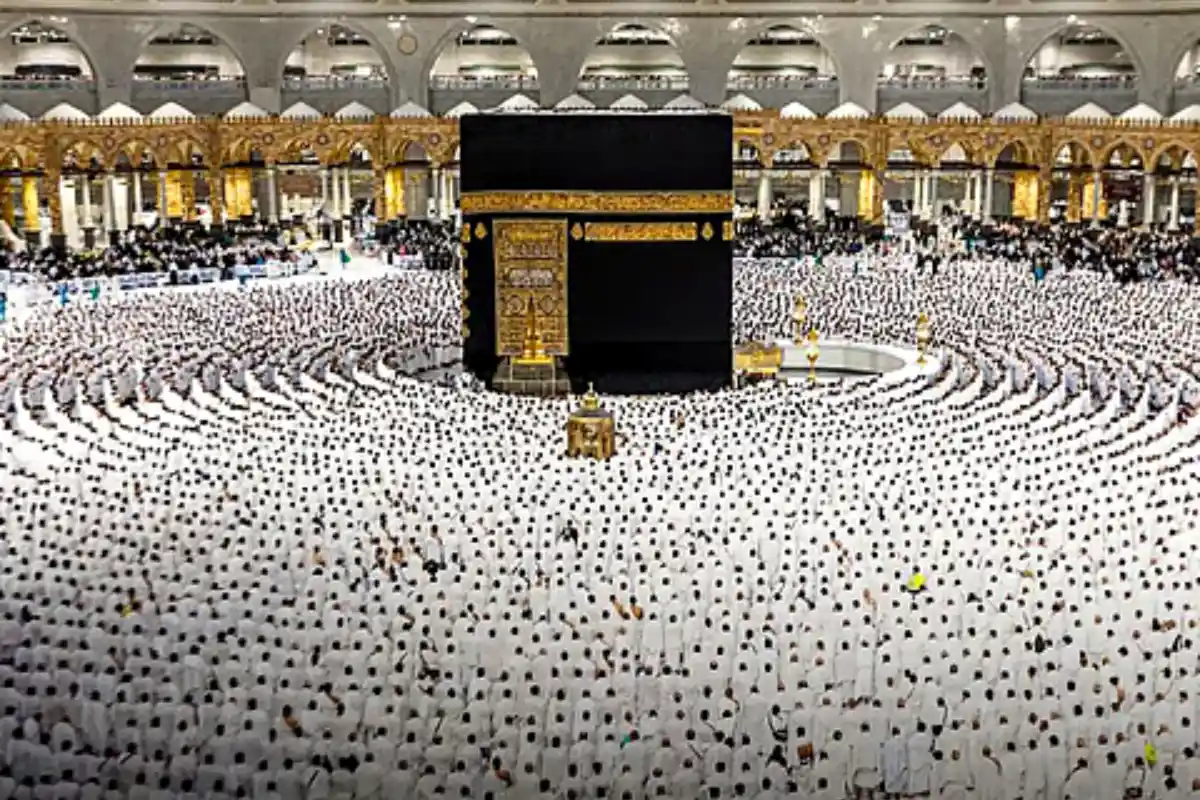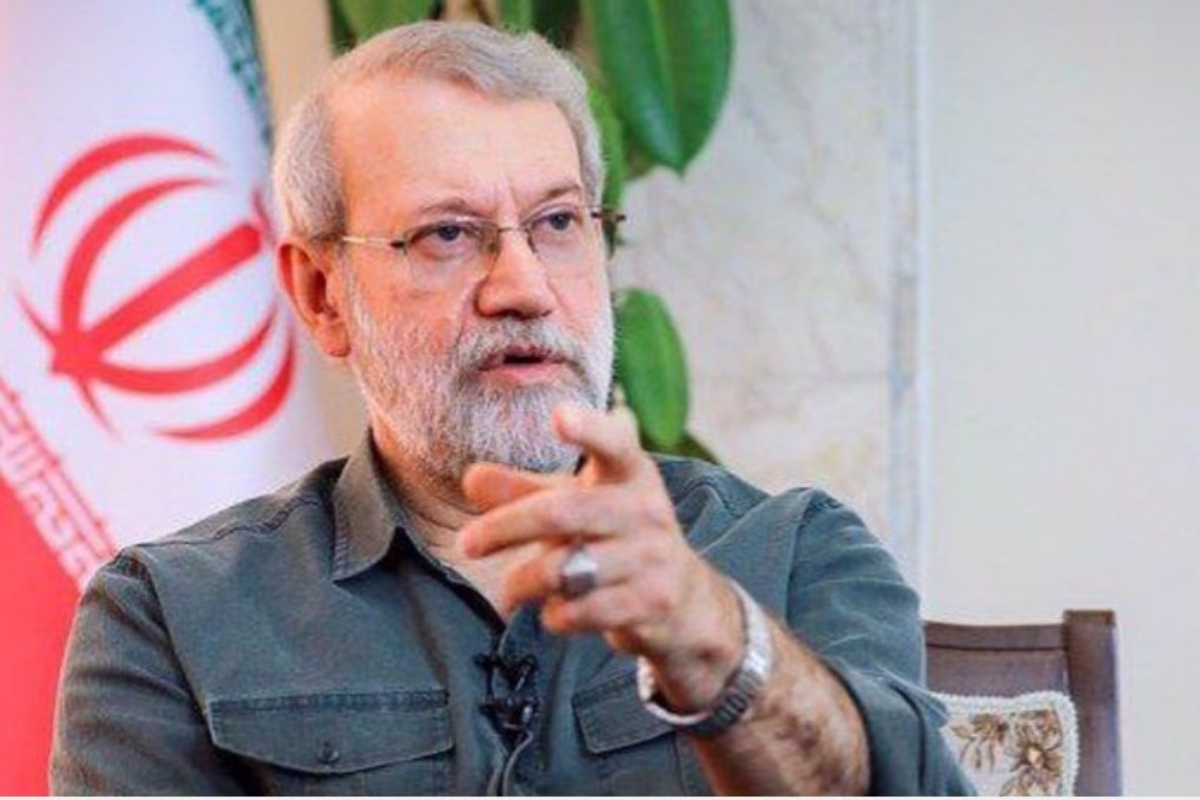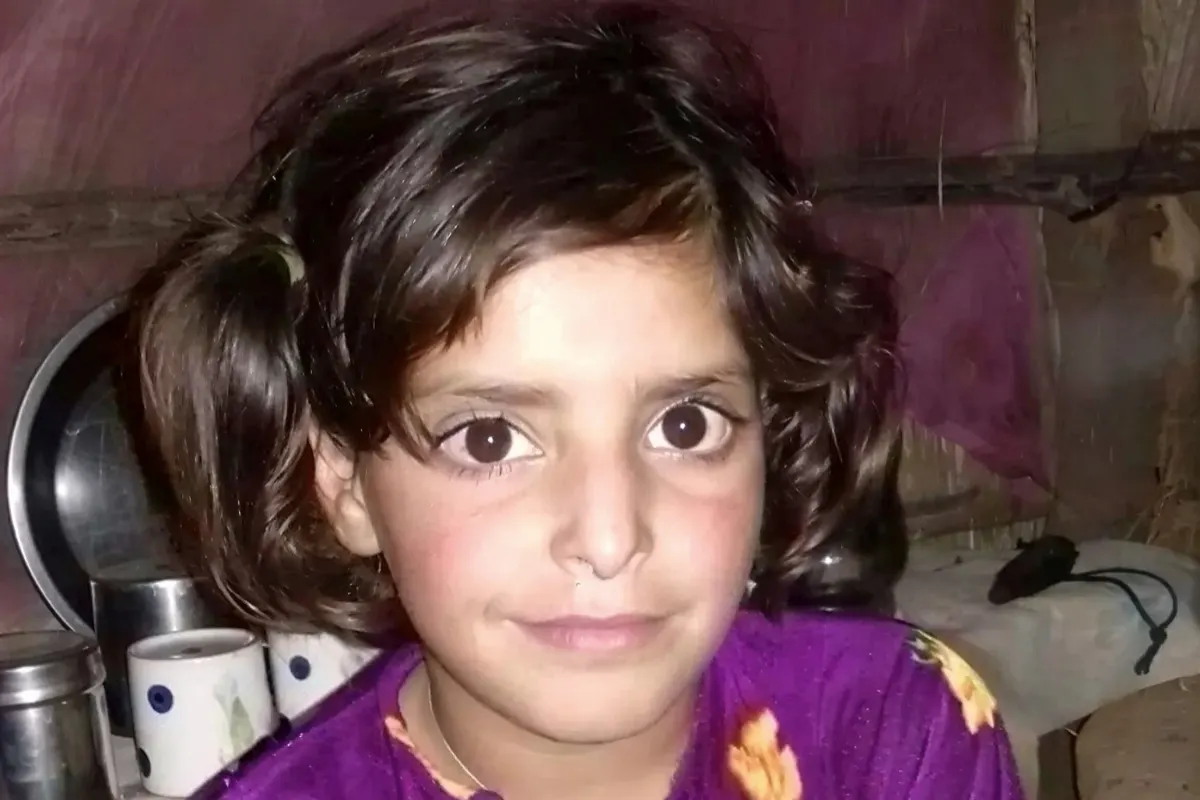Unstable Afghanistan will become a terror safe haven : Yusuf
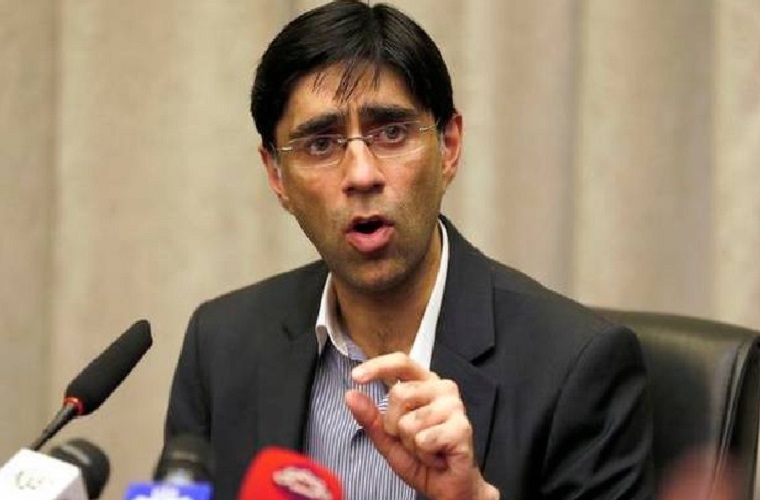
ISLAMABAD: National Security Adviser (NSA) Moeed Yusuf Wednesday warned an unstable Afghanistan will give birth to a refugee crisis that may provide space to global terrorist organisations.
Yusuf appeared on BBC Hard Talk, which aired early Thursday, where he talked with host Stephen Sackur about Pakistan’s updating security policies, its position on Afghanistan and objectives for the much-hyped China-Pakistan Economic Corridor (CPEC).
Objecting to the host’s opening remarks, Yusuf said: “There was a policy employed by the United States and others who were there in Afghanistan and it was a failing policy.”
He reminded Sackur that Pakistan was the only country that had repeatedly stated that there was no military solution to the issue.
“Our advice was not heeded. We kept saying to negotiate from a position of strength and we weren’t listened to. We are blamed and scapegoated. The results are in front of you. The facts should be for what they are,” he added.
He then clarified he was not defending the government of the Taliban rather stressing the world must hold a conversation with them.
“Our message to the Afghan Taliban is identical to what the world is saying more inclusivity, no terrorism from Afghan soil, human rights for all and this what we want,” he added.
He quoted the United Nations Development Programme (UNDP) boss in Afghanistan as saying: “It is the worst economic crisis and humanitarian disaster we have ever witnessed.”
“There are 22.8 million people facing an acute food shortage, 70 percent apportioning food, one million children acutely malnourished. That’s the reality I have to face in Pakistan,” he told Sackur, emphasising the seriousness of the crisis.
“Pakistan is a country that helped more than any other nation and evacuated 49,000 people of 75 countries and created a land and air bridge to Afghanistan asking the world to channel whatever they want from us free of cost,” Yusuf recalled.
He regretted that the donor agencies like the UN and International Committee of the Red Cross (ICRC) were worried since the money couldn’t be brought into Afghanistan due to embargoes on banking channels.
He said Pakistan shared a 1,600-mile-long porous border with Afghanistan and its experience of four decades depicted that four million refugees were still in Pakistan after 40 years.
“Compare this to the EU, UK and US reactions towards refugees shown up to your shores,” he asked the anchorperson.
“The moment Afghanistan is unstable my country goes unstable as we have a centuries-old porous border which will cause refugee, terrorism, drugs flow over into Pakistan,” he cautioned.
Prime Minister Imran Khan says Pakistan would accept “any government in Afghanistan” but with a stable state, as any instability or collapse of Afghanistan, Pakistan will be hurt the very next day, he said.
“As NSA of Pakistan, it’s my duty to tell the world and as Prime Minister, it’s his [Khan’s] right to tell the world that the way the international community is approaching Afghanistan its heading for collapse and we are going to get hurt by it,” he noted.
He further added that Pakistan was not the one that brought war to Afghanistan rather was the principal victim of this war.
“We didn’t have suicide bombings in our country before 9/11. Since 9/11, over 80,000 causalities of Pakistanis which the West just likes to wish away. Over a $150 billion loss in the economy, 3.5 million internally displaced persons and faced millions of Afghan refugees.
Are we mad […] we would be abetting something which would bring such disaster to my country,” he said.
Yusuf said Pakistan was recognised by the UK and the US and others for facilitating the Doha peace process whose endpoint should have been a genuinely inclusive government.
“There is a government [in Kabul] that many don’t like and it’s not recognised […] it’s at war against many countries but there are 35-40 million Afghans who have nothing to do with this.
Let’s agree they need to be fed immediately and I am increasingly reaching the conclusion that the world probably does not care,” he regretted.
To another question, he said: “When I talk about Kashmir, I am talking about my people, not foreign nationals and also an illegally occupied territory recognised as a dispute by the UN and this is my right to speak about my people and not speaking about any foreign country at that point in time.”
Commenting on the Pakistan-US ties and CPEC, he said: “Pakistan is offering economic bases to the entire world for increased investment in the region under the game-changer CPEC project as per its major policy shift from geostrategic to geo-economic paradigm.”
Yusuf said Pakistan has made a major transition in its all approach and thinking from a geo-strategic to a geo-economic paradigm.
“We look at ourselves as a melting pot for global economic interests. It’s one key pillar is connectivity and the other is development partnerships,” he added.
He added Pakistan wanted the entire world to come and coexist in it in terms of economics. “We are no longer in the business of offering military bases but our economic bases are open for all,” he underscored.
The NSA while explaining about the CPEC project said Pakistan enjoyed a strategic relationship with China and the ties were going from strength to strength. “But that is not at the cost of any other country that is what our geo-economic paradigm is all about,” he underlined.
He elaborated that there were no military bases in Gwadar rather economic bases, adding: “And we offered the same to the US, the Middle East and Russia. Anybody who wants to come and invest in Pakistan, we are open.”
He mentioned the CPEC was energy and road infrastructure that anybody could benefit from and invest in Pakistan.
Replying to another query, Yusuf categorically said: “On the Xinjiang dispute, not only our ambassador in Beijing but teams from Pakistan went there as well. We have a relationship of trust with China and we are completely open [to each other].”
He rejected the western media accusations, saying: “We do not accept the Western description of Xinjiang that’s set and if the West has concerns you have every right, talk to China which is a sovereign country, raise your concerns to them”.
Catch all the World News, Breaking News Event and Trending News Updates on GTV News
Join Our Whatsapp Channel GTV Whatsapp Official Channel to get the Daily News Update & Follow us on Google News.


